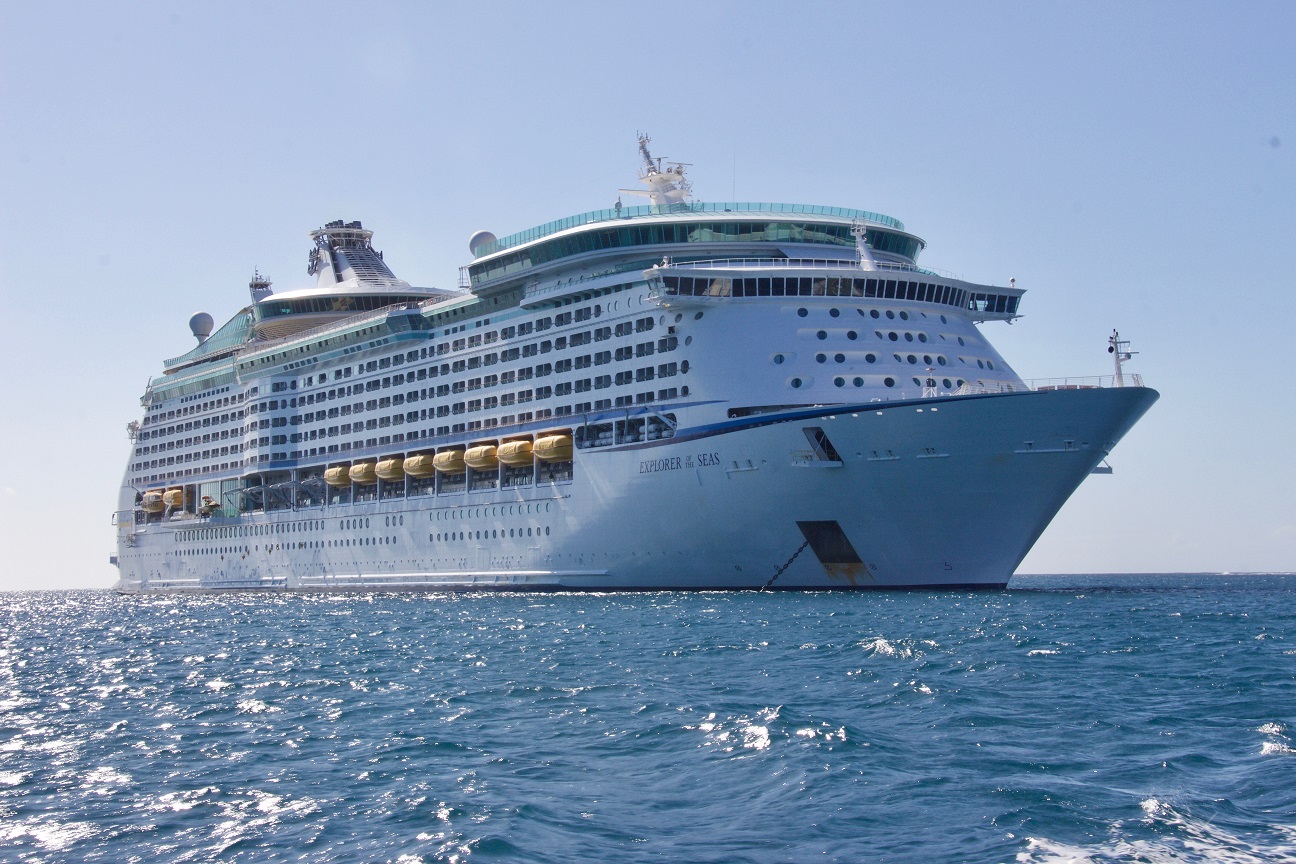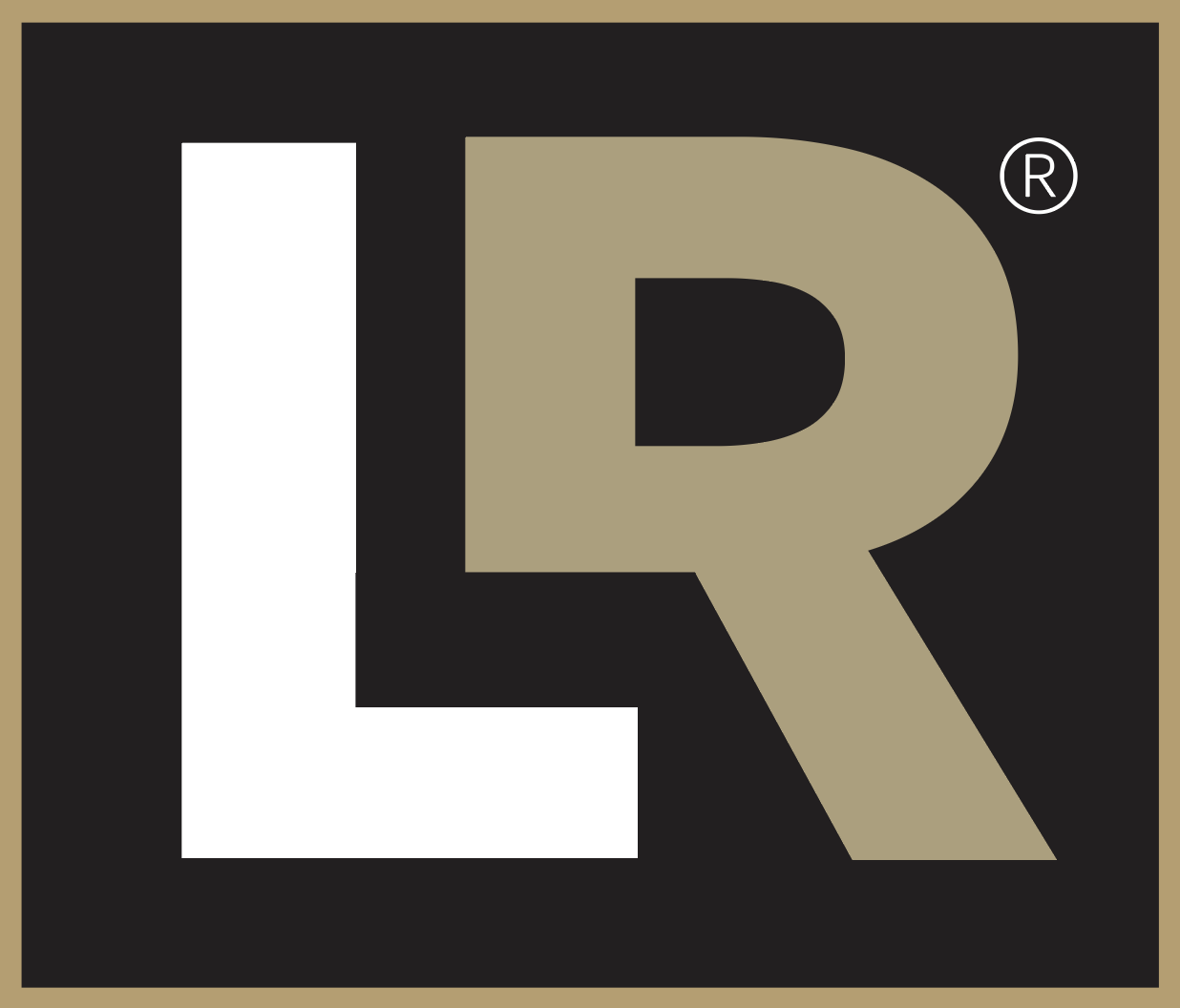Protect Your Rights: What to Do if You Are Hurt on a Cruise Ship

Protect Your Rights: What to Do if You Are Hurt on a Cruise Ship
Cruises are often portrayed as idyllic adventures, promising relaxation, fun, and unforgettable experiences. However, amidst the luxury and excitement, accidents can happen, and passengers may find themselves injured or in distress. In such situations, knowing how to protect your rights becomes paramount.Whether it's a slip and fall, medical emergency, or any other mishap, being prepared and informed can make all the difference in ensuring your safety and securing appropriate compensation. In this article, we'll take you through what you should do if you are hurt on a cruise ship, focusing on essential steps to safeguard your rights and well-being.Seek Medical Attention ImmediatelyThe safety and well-being of passengers are top priorities for cruise lines. If you sustain an injury while aboard, your first course of action should be to seek medical attention. Most ships have medical facilities and trained staff to handle emergencies. Even seemingly minor injuries should be evaluated by medical professionals to prevent complications.Prompt medical treatment not only ensures your health and safety but also establishes a record of your injury, which can be crucial if you decide to pursue compensation later. Remember to keep copies of any medical records, bills, and receipts related to your treatment.Report the Incident to Cruise Ship PersonnelAfter receiving medical care, report the incident to the cruise ship's personnel as soon as possible. This could include notifying the ship's doctor, the onboard security team, or the guest services desk. Provide details of the accident, including when, where, and how it occurred, as well as any contributing factors.If possible, make sure that you request a written incident report from the cruise line, and keep a copy for your records. This document can serve as valuable evidence if you need to file a claim or lawsuit later.Document the Scene and Gather EvidenceIf you're physically able, document the scene of the accident and gather evidence to support your claim. You can take photographs or videos of the area where the incident occurred, including any hazardous conditions, defective equipment, or lack of warning signs. Collect contact information from any witnesses who saw what happened and may be able to provide testimony.Additionally, make note of any relevant details, such as the weather conditions, lighting, and your actions leading up to the accident. The more thorough your documentation is, the stronger your case may be if legal action becomes necessary.Consult with a Maritime Injury Attorney
 Lawyer shaking hands with client across desk; image by Wasan Tita, via iStockphoto.com.
Lawyer shaking hands with client across desk; image by Wasan Tita, via iStockphoto.com.

About Brais Law Firm
Brais Law Firm brings more than 70 years of combined trial experience to bear on the cases we handle for our clients. Good intentions and desire are not enough to help others with their legal issues; ability is paramount. Brais Law Firm’s achievements on behalf of our clients are substantial, spanning more than 20 years. We often litigate in state and federal trial and appellate courts and enjoy facing large corporate defendants. Many maritime injury claims are unique in nature and require impeccable legal credentials as well as real-world experience.
